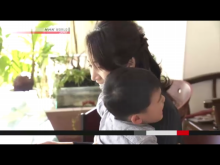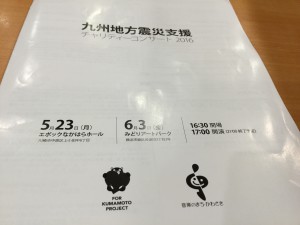ママ友ネットワークが企業を動かす!英語ニュースを英語でレッスン
私の大人英会話レッスンには、Eigostar Kids子ども英語教室の保護者様をはじめ、
お子様をお持ちのママ(パパ)もたくさんお見えくださっています。(ありがとうございます)
お子様の成長に合わせて勤務体制をかえたり、
時には仕事自体を変えた、はたまた辞職したという経験は皆さんお持ちでしょう。
こちらのNHKニュース、ビジネスモデルとしてはとっても良いですね~!
Oversea Moms Help Farms Go Global
お子様が小さいうちは、家で働けるのも理想的!
海外のママ友ネットワークがビジネスに繋がるなんて、
願ってもないことですね。
英語概要はこちら
More than a million Japanese citizens live in other countries — among them, businesspeople and their families. A Japanese woman has started a business that builds on those connections.
It helps companies go international, with the help of mothers.
Saori Osu runs a consulting agency and cares for her 3 children. Last year, her company began conducting market research overseas.
The data collectors are Japanese mothers living abroad — about 100 of them in 26 countries and regions. They survey others in their area, often their friends.
Osu used to work for a major electronics manufacturer, handling international public relations. Her new venture is designed to help Japanese firms expand overseas.
“I looked for ways to use the viewpoints of mothers and settled on market research,” Osu says.
One of the projects led to the marketing of children’s educational materials in the US. The publisher, Gakken Plus, asked her company to collect the views of parents.
The bill was just over $900, far less than a major research firm would have charged.
“We learned that words such as ‘creative’ and ‘critical thinking’ are often used in US. So, we decided to highlight them,” says Yasuyuki Miyamoto, an official with Gakken Plus.
Mothers living in Los Angeles and New York talked to other mothers. Their views were reflected in the cover design.
The Japanese edition has a simple design, featuring illustrations. The American edition features key words to attract parents’ attention.
Osu’s company is also working in Asia. Parents there are keenly interested in enhancing their children’s education.
More and more children in Hong Kong are taking lessons outside their regular classes. But they are not just hobbies. Parents believe having their children learn different skills will help get them into better schools.
Maki Jindo is one of the research workers in Hong Kong. She’s scouting the market for business opportunities.
Her own child attends a ballet school. She saw another mother there unhappy, because she was not able to find the right shoes for her child to wear in a contest.
Jindo showed her what a Japanese company had to offer, and then reported to Osu about the circumstances.
“I have the impression that Japan has many more choices in toe shoes and related goods than Hong Kong,” Jindo says.
Those reports are sent on to about 200 Japanese companies.
“I hope to encourage Japanese businesses and help them find opportunities by using the network of mothers abroad,” Osu says.
The mothers may not have the reach of major research firms. But they believe they offer something their big competitors can’t match: the personal touch.


